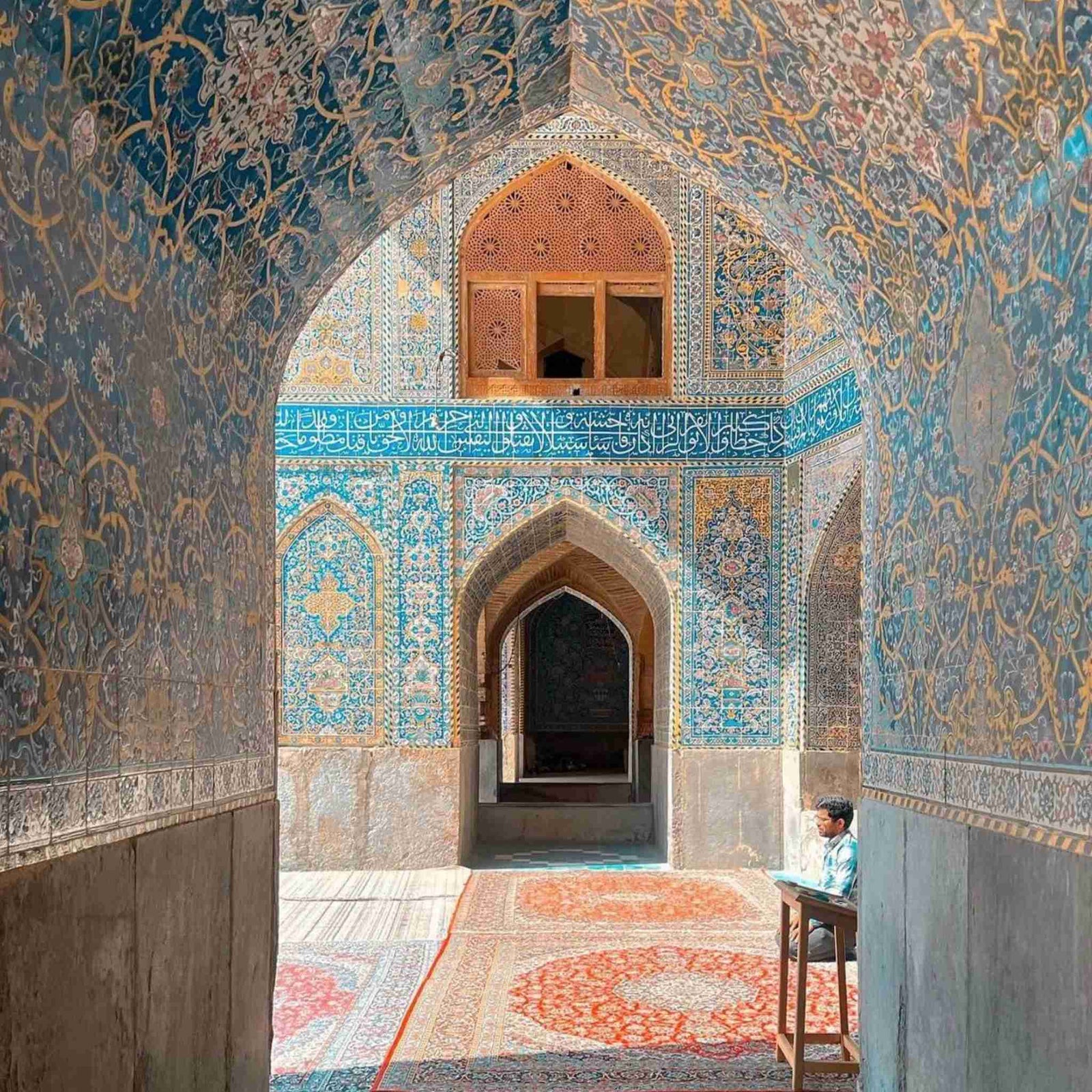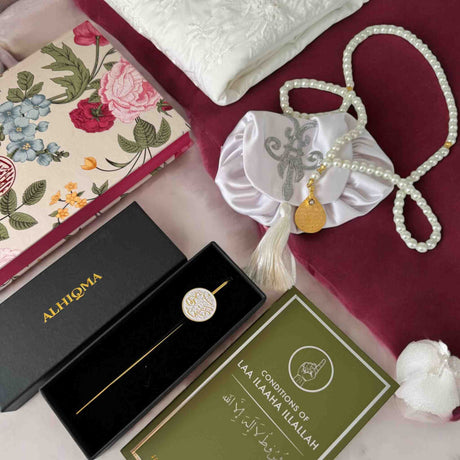Key Takeaways:
- Salah has its origins predating the revelation of the Quran, with its practice evident among early communities but lacking in sincerity and true purpose.
- The Quran seeks to revitalize Salah, infusing it with sincerity, submission, and a deeper connection to Allah.
- Verses from Surah Al-Anfal and At-Tawbah highlight the transition from ritualistic practices to meaningful worship in Islam.
The Prayers (Salah) Existed Before the Quran
Surah Al-Anfal (8:35) mentions that the people's Prayers (Salah) at the Ka'bah were, at that time, a mockery and a means of repelling people, indicating that the practice existed among them but had lost its true meaning and essence. This emphasizes that the form of prayer was present in pre-Islamic Arabia but had deviated from its true purpose.
The verse from Surah At-Tawbah (9:5) discusses the treatment of idol worshipers after the Sacred Months. It allows for self-defense and taking action against those who persist in hostilities. However, it offers a path to peace if they repent, observe the Prayers (Salah), and give the obligatory charity (Zakat).
These verses collectively illustrate that while certain practices, including the form of the Prayers, existed in the pre-Islamic era, they had lost their true essence and were often performed without sincerity or understanding. The advent of Islam aimed to restore the true meaning and purpose of these practices, emphasizing sincerity, submission to God, and adherence to His guidance.
Explore deeper into the spiritual journey with our comprehensive collection of blogs on Versus from the Quran, your guide to understanding the essence of Islamic teachings.
Frequently Asked Questions:
Q: What was the state of Salah before Islam?
A: Before Islam, Salah was practiced by the people around the Ka'bah but had deviated from its intended purpose, becoming a ritual performed without sincerity or understanding.
Q: How did Islam transform Salah?
A: Islam transformed Salah by reinstating its true essence as a means of sincere submission to Allah, emphasizing its role in spiritual purification and social responsibility.
Q: What do the verses from Surah Al-Anfal and At-Tawbah signify about Salah?
A: These verses highlight the pre-Islamic existence of Salah and its subsequent purification by Islam, marking a return to sincere worship free from idolatry and hypocrisy.
Q: Why is Salah considered a pillar of Islam?
A: Salah is a pillar of Islam because it embodies the Muslim's daily submission to Allah, serving as a constant reminder of faith, an act of worship, and a means to foster a direct connection with the Creator.
Q: How does Salah contribute to a Muslim's life?
A: Salah contributes to a Muslim's life by providing structure, spiritual solace, and a sense of community. It is a source of guidance, peace, and strength, reinforcing the believer's faith and commitment to Allah's commandments.












